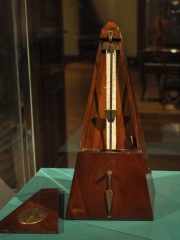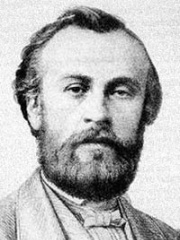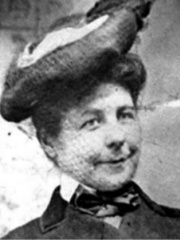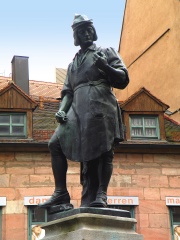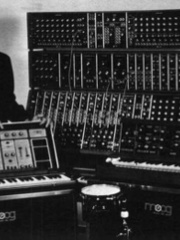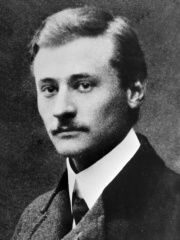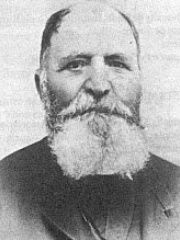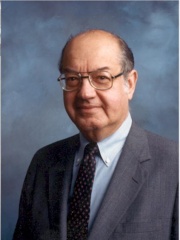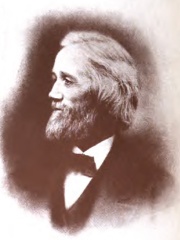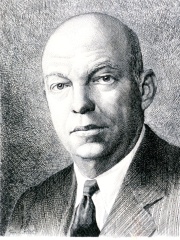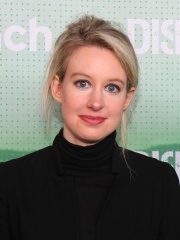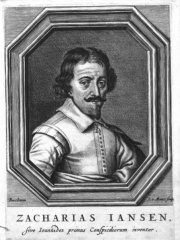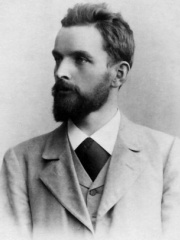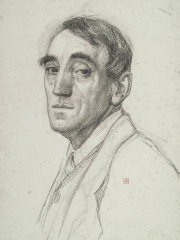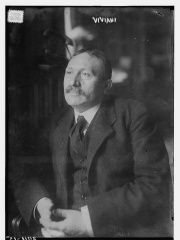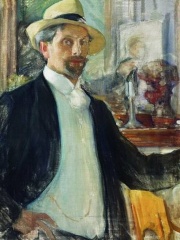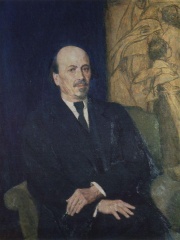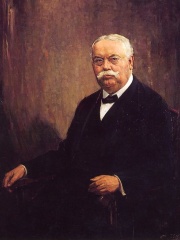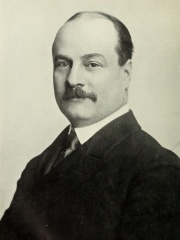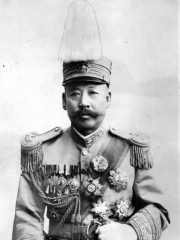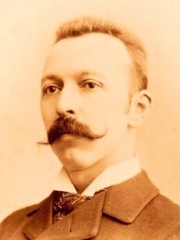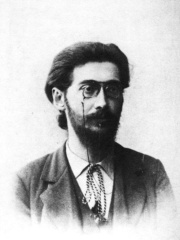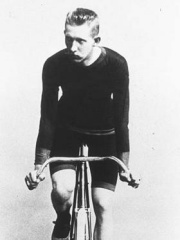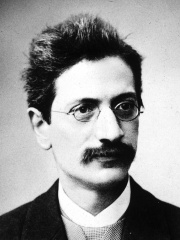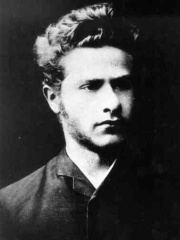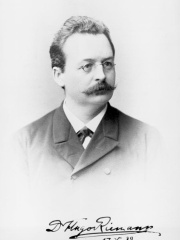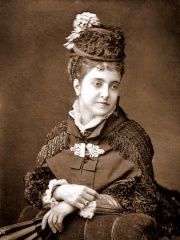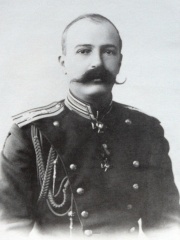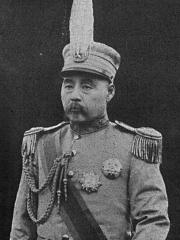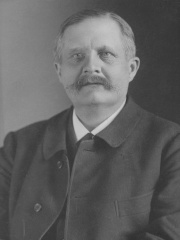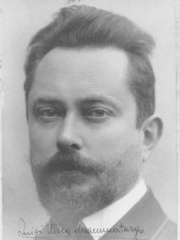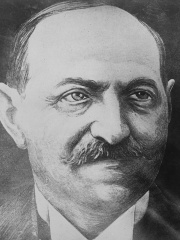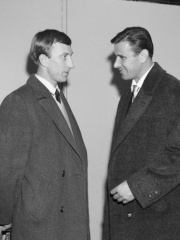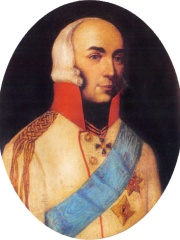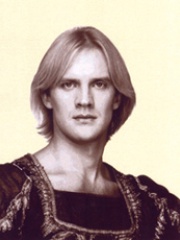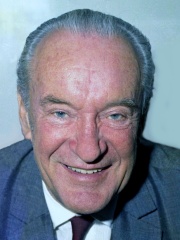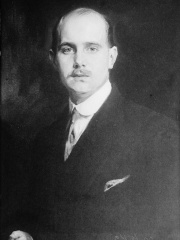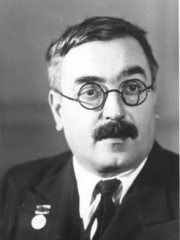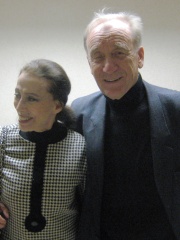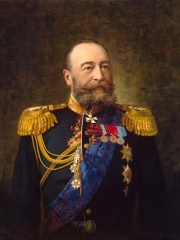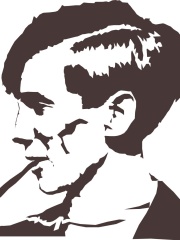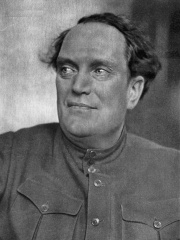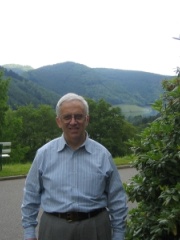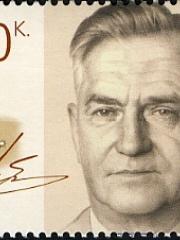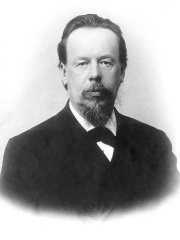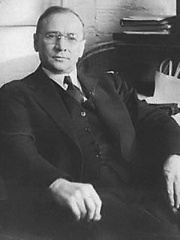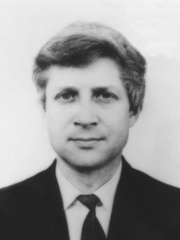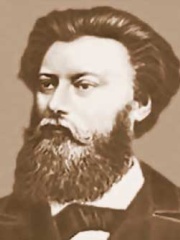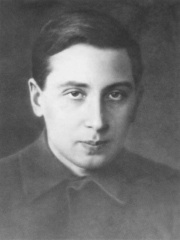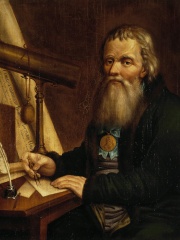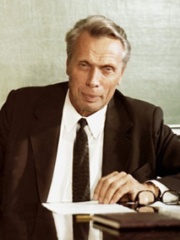INVENTOR
Mikhail Dolivo-Dobrovolsky
1862 - 1919
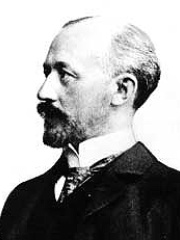
 Mikhail Dolivo-Dobrovolsky
Mikhail Dolivo-Dobrovolsky
Mikhail Osipovich Dolivo-Dobrovolsky (Russian: Михаи́л О́сипович Доли́во-Доброво́льский; German: Michail von Dolivo-Dobrowolsky or Michail Ossipowitsch Doliwo-Dobrowolski; Polish: Michał Doliwo-Dobrowolski; 2 January [O.S. 21 December 1861] 1862 – 15 November [O.S. 3 November] 1919) was a Russian-born engineer, electrician, and inventor of Polish-Russian origins, active in the German Empire and also in Switzerland. After studying in Germany and while working in Berlin for Allgemeine Elektricitäts-Gesellschaft (AEG), he became one of the founders (the others were Nikola Tesla, Galileo Ferraris and Jonas Wenström) of polyphase electrical systems, developing the three-phase electrical generator and a three-phase electrical motor (1888) and studying star and delta connections. The triumph of the three-phase system was displayed in Europe at the International Electro-Technical Exhibition of 1891, where Dolivo-Dobrovolsky used this system to transmit electric power at the distance of 176 km with 75% efficiency. Read more on Wikipedia
His biography is available in 22 different languages on Wikipedia (up from 20 in 2024). Mikhail Dolivo-Dobrovolsky is the 156th most popular inventor (up from 158th in 2024), the 611th most popular biography from Russia (up from 648th in 2019) and the 6th most popular Russian Inventor.
Memorability Metrics
Page views of Mikhail Dolivo-Dobrovolsky by language
Among INVENTORS
Among inventors, Mikhail Dolivo-Dobrovolsky ranks 156 out of 426. Before him are Johann Nepomuk Maelzel, Henri Giffard, Mary Anderson, Peter Henlein, Robert Moog, and Friedrich Zander. After him are Joseph Monier, Paul Baran, Christopher Latham Sholes, Edwin Howard Armstrong, Elizabeth Holmes, and Zacharias Janssen.
Most Popular Inventors in Wikipedia
Go to all RankingsJohann Nepomuk Maelzel
1772 - 1838
HPI: 64.73
Rank: 150
Henri Giffard
1825 - 1882
HPI: 64.56
Rank: 151
Mary Anderson
1862 - 1953
HPI: 64.54
Rank: 152
Peter Henlein
1479 - 1542
HPI: 64.48
Rank: 153
Robert Moog
1934 - 2005
HPI: 64.40
Rank: 154
Friedrich Zander
1887 - 1933
HPI: 64.22
Rank: 155
Mikhail Dolivo-Dobrovolsky
1862 - 1919
HPI: 64.19
Rank: 156
Joseph Monier
1823 - 1906
HPI: 64.05
Rank: 157
Paul Baran
1926 - 2011
HPI: 64.01
Rank: 158
Christopher Latham Sholes
1819 - 1890
HPI: 63.95
Rank: 159
Edwin Howard Armstrong
1890 - 1954
HPI: 63.94
Rank: 160
Elizabeth Holmes
1984 - Present
HPI: 63.91
Rank: 161
Zacharias Janssen
1585 - 1635
HPI: 63.89
Rank: 162
Contemporaries
Among people born in 1862, Mikhail Dolivo-Dobrovolsky ranks 48. Before him are Silvio Gesell, Théo van Rysselberghe, Mary Anderson, René Viviani, Leonid Pasternak, and Mikhail Nesterov. After him are Eugen Ehrlich, Oswald Külpe, August Oetker, Nicholas Murray Butler, Cao Kun, and Léon Boëllmann. Among people deceased in 1919, Mikhail Dolivo-Dobrovolsky ranks 52. Before him are Gustav Landauer, Adolf Schmal, Adolf Hurwitz, Leo Jogiches, Hugo Riemann, and Vasily Chapayev. After him are Adelina Patti, Grand Duke George Mikhailovich of Russia, Feng Guozhang, Friedrich Naumann, Luigi Illica, and Hugo Haase.
Others Born in 1862
Go to all RankingsSilvio Gesell
ECONOMIST
1862 - 1930
HPI: 65.23
Rank: 42
Théo van Rysselberghe
PAINTER
1862 - 1926
HPI: 64.60
Rank: 43
Mary Anderson
INVENTOR
1862 - 1953
HPI: 64.54
Rank: 44
René Viviani
POLITICIAN
1862 - 1925
HPI: 64.45
Rank: 45
Leonid Pasternak
PAINTER
1862 - 1945
HPI: 64.33
Rank: 46
Mikhail Nesterov
PAINTER
1862 - 1942
HPI: 64.26
Rank: 47
Mikhail Dolivo-Dobrovolsky
INVENTOR
1862 - 1919
HPI: 64.19
Rank: 48
Eugen Ehrlich
POLITICIAN
1862 - 1922
HPI: 64.16
Rank: 49
Oswald Külpe
PSYCHOLOGIST
1862 - 1915
HPI: 64.01
Rank: 50
August Oetker
PHYSICIAN
1862 - 1918
HPI: 63.90
Rank: 51
Nicholas Murray Butler
POLITICIAN
1862 - 1947
HPI: 63.77
Rank: 52
Cao Kun
POLITICIAN
1862 - 1938
HPI: 63.71
Rank: 53
Léon Boëllmann
COMPOSER
1862 - 1897
HPI: 63.60
Rank: 54
Others Deceased in 1919
Go to all RankingsGustav Landauer
WRITER
1870 - 1919
HPI: 65.27
Rank: 46
Adolf Schmal
POLITICIAN
1872 - 1919
HPI: 65.23
Rank: 47
Adolf Hurwitz
MATHEMATICIAN
1859 - 1919
HPI: 64.77
Rank: 48
Leo Jogiches
POLITICIAN
1867 - 1919
HPI: 64.73
Rank: 49
Hugo Riemann
COMPOSER
1849 - 1919
HPI: 64.55
Rank: 50
Vasily Chapayev
POLITICIAN
1887 - 1919
HPI: 64.36
Rank: 51
Mikhail Dolivo-Dobrovolsky
INVENTOR
1862 - 1919
HPI: 64.19
Rank: 52
Adelina Patti
SINGER
1843 - 1919
HPI: 64.18
Rank: 53
Grand Duke George Mikhailovich of Russia
POLITICIAN
1863 - 1919
HPI: 64.11
Rank: 54
Feng Guozhang
POLITICIAN
1859 - 1919
HPI: 64.11
Rank: 55
Friedrich Naumann
POLITICIAN
1860 - 1919
HPI: 63.87
Rank: 56
Luigi Illica
WRITER
1857 - 1919
HPI: 63.60
Rank: 57
Hugo Haase
POLITICIAN
1863 - 1919
HPI: 63.24
Rank: 58
In Russia
Among people born in Russia, Mikhail Dolivo-Dobrovolsky ranks 611 out of 3,761. Before him are Igor Netto (1930), Pavel Tsitsianov (1754), Alexander Godunov (1949), George Sanders (1906), Prince Christopher of Greece and Denmark (1888), and Vladimir Fock (1898). After him are Rodion Shchedrin (1932), Veruschka von Lehndorff (1939), Yevgeni Ivanovich Alekseyev (1843), Alexander Schmorell (1917), Valerian Kuybyshev (1888), and Grigory Margulis (1946).
Others born in Russia
Go to all RankingsIgor Netto
SOCCER PLAYER
1930 - 1999
HPI: 64.26
Rank: 605
Pavel Tsitsianov
POLITICIAN
1754 - 1806
HPI: 64.25
Rank: 606
Alexander Godunov
DANCER
1949 - 1995
HPI: 64.23
Rank: 607
George Sanders
ACTOR
1906 - 1972
HPI: 64.23
Rank: 608
Prince Christopher of Greece and Denmark
POLITICIAN
1888 - 1940
HPI: 64.23
Rank: 609
Vladimir Fock
PHYSICIST
1898 - 1974
HPI: 64.22
Rank: 610
Mikhail Dolivo-Dobrovolsky
INVENTOR
1862 - 1919
HPI: 64.19
Rank: 611
Rodion Shchedrin
COMPOSER
1932 - 2025
HPI: 64.19
Rank: 612
Veruschka von Lehndorff
MODEL
1939 - Present
HPI: 64.18
Rank: 613
Yevgeni Ivanovich Alekseyev
MILITARY PERSONNEL
1843 - 1917
HPI: 64.18
Rank: 614
Alexander Schmorell
RELIGIOUS FIGURE
1917 - 1943
HPI: 64.16
Rank: 615
Valerian Kuybyshev
POLITICIAN
1888 - 1935
HPI: 64.15
Rank: 616
Grigory Margulis
MATHEMATICIAN
1946 - Present
HPI: 64.14
Rank: 617
Among INVENTORS In Russia
Among inventors born in Russia, Mikhail Dolivo-Dobrovolsky ranks 6. Before him are Léon Theremin (1896), Oleg Antonov (1906), Alexander Stepanovich Popov (1859), Vladimir K. Zworykin (1888), and Nikolai Kardashev (1932). After him are Lucien Olivier (1838), Pavel Yablochkov (1847), Alexandre Alexeieff (1901), Oleg Losev (1903), Ivan Kulibin (1735), and Rostislav Alexeyev (1916).
Léon Theremin
1896 - 1993
HPI: 70.06
Rank: 1
Oleg Antonov
1906 - 1984
HPI: 69.03
Rank: 2
Alexander Stepanovich Popov
1859 - 1906
HPI: 68.00
Rank: 3
Vladimir K. Zworykin
1888 - 1982
HPI: 67.32
Rank: 4
Nikolai Kardashev
1932 - 2019
HPI: 66.29
Rank: 5
Mikhail Dolivo-Dobrovolsky
1862 - 1919
HPI: 64.19
Rank: 6
Lucien Olivier
1838 - 1883
HPI: 62.68
Rank: 7
Pavel Yablochkov
1847 - 1894
HPI: 60.35
Rank: 8
Alexandre Alexeieff
1901 - 1982
HPI: 58.77
Rank: 9
Oleg Losev
1903 - 1942
HPI: 57.38
Rank: 10
Ivan Kulibin
1735 - 1818
HPI: 57.31
Rank: 11
Rostislav Alexeyev
1916 - 1980
HPI: 56.83
Rank: 12
